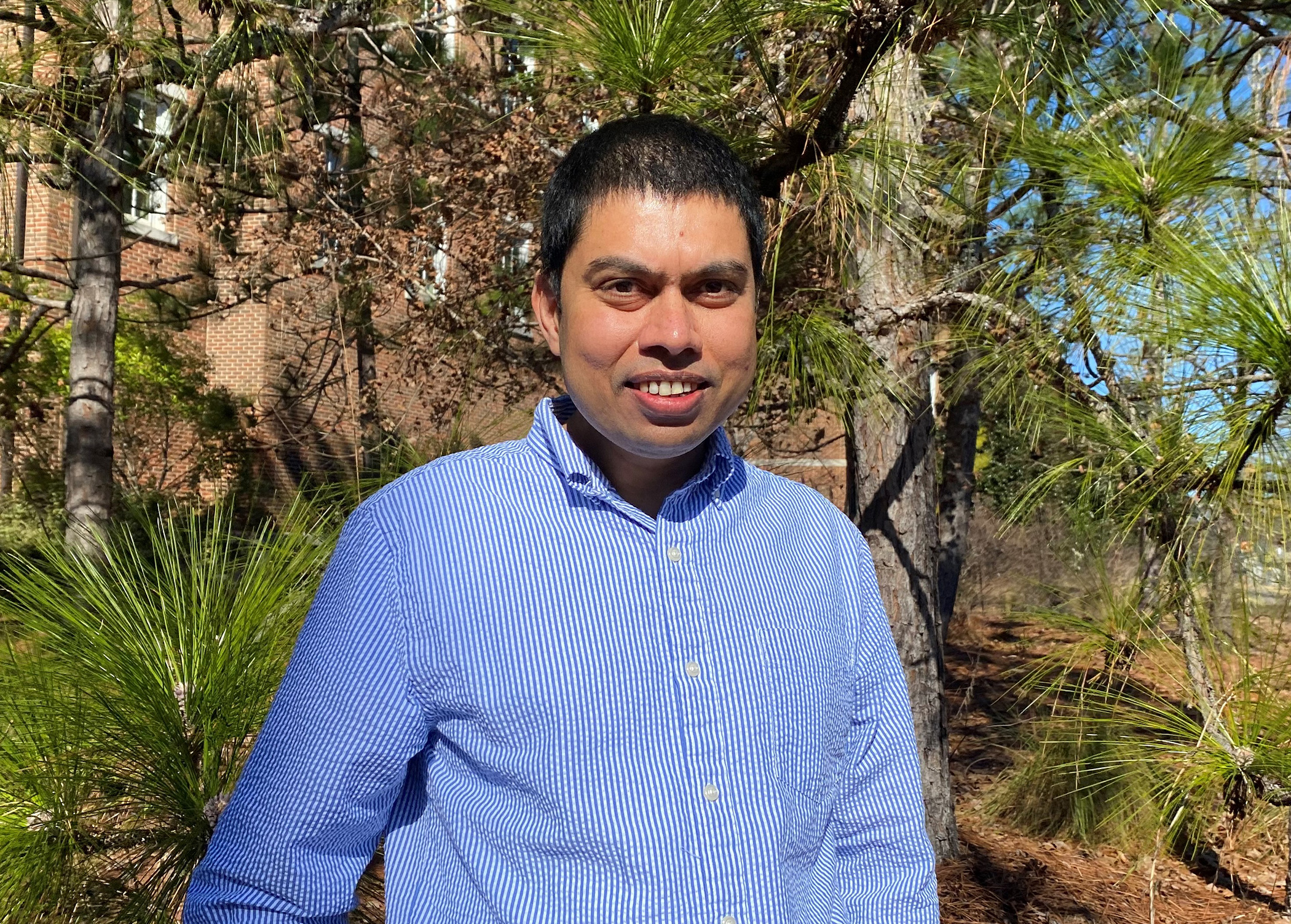Understanding soil moisture changes may help with regional water resources planning for drought and flood risks, according to a study by Sanjiv Kumar in Auburn University’s College of Forestry, Wildlife and Environment.
His findings, recently published in the journal “Earth’s Future,” used a very large number of climate realizations and data from two different climate models to assess hydroclimate variability and predictability in a changing climate.
Hydroclimate refers to understanding climate and hydrology together and the way the water cycle, in turn, affects climate. The study is among the first on this scale to integrate precipitation variability with water storage in soil and vegetation-atmosphere interaction processes. Kumar’s team found that measuring soil moisture could be a key part of water resources planning in North America.
Projections of drought and flood risk on a regional scale have been highly uncertain in the past, Kumar says, prompting a need for deeper understanding of regional hydroclimate. One key finding was a reduction in land surface memory, meaning that, as the climate continues to warm, the soil loses its moisture more quickly on average.
So, even as rainfall patterns vary more widely, they didn’t find a corresponding swing in soil moisture levels. This effect continued across both climate models.
“An important implication is that the regional mean state (soil moisture) changes are the primary drivers of future drought and flood risks,” said Kumar.
Given the increasing frequency of drought conditions — such as the 22-year megadrought affecting Lake Mead in Nevada that endangered the water supply for millions in the U.S. Southwest — the continuing changes in global climate make understanding the regional drivers of drought and flood a vital part of planning for the future.
“Despite the uncertainties presented by climate models, this study’s findings could enhance our ability to adapt to climate change,” said Janaki Alavalapati, dean of the College of Forestry, Wildlife and Environment.
Collaborators included Yanan Duan (doctoral candidate, Auburn University), Candida Dewes (CU Boulder) and Matt Newman (NOAA), with support from the Strategic Environmental Research and Development Program. Additional support included a grant from the United States Department of Agriculture, National Institute of Food and Agriculture and high-performance computing support provided by NCAR’s Computational and Information Systems Laboratory, sponsored by the National Science Foundation.
(Written by Jessica Nelson)











